About us
Research projects
Group Members
Associated Members
Research areas
Publications
Ongoing PhD theses
Master theses (completed)
Contact us
Relevant study programmes

News and updates

Janunary 2025
Our master's student, Bjørn Eirik Rognskog Nordbak, participated in the ERRA DeepWind 2025 conference in Trondheim, where he presented our research group's work through two impactful poster presentations. The first poster focused on optimizing wind farm layouts using machine learning enhanced wake modeling. The second was on Leveraging data-driven techniques in LiDAR and SCADA data of a wind farm.
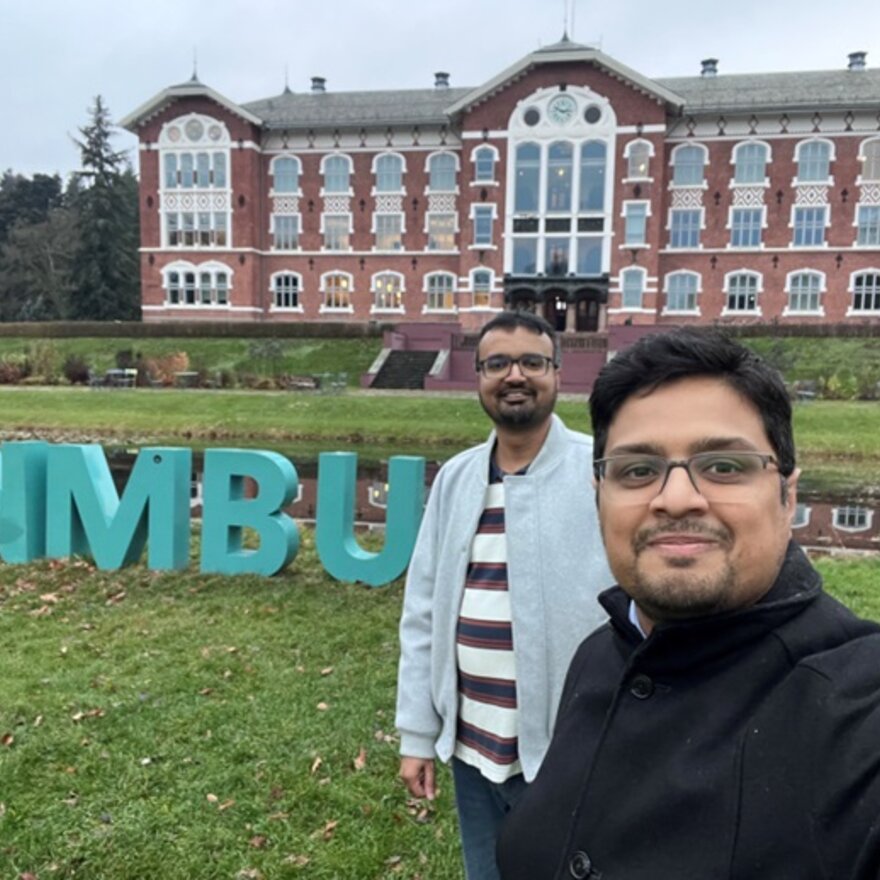
November 2024
Associate professor Taimoor Asim from Robert Gordon University visited the CSE group to prepare joint research proposals for UKRI and Horizon Europe funding calls.
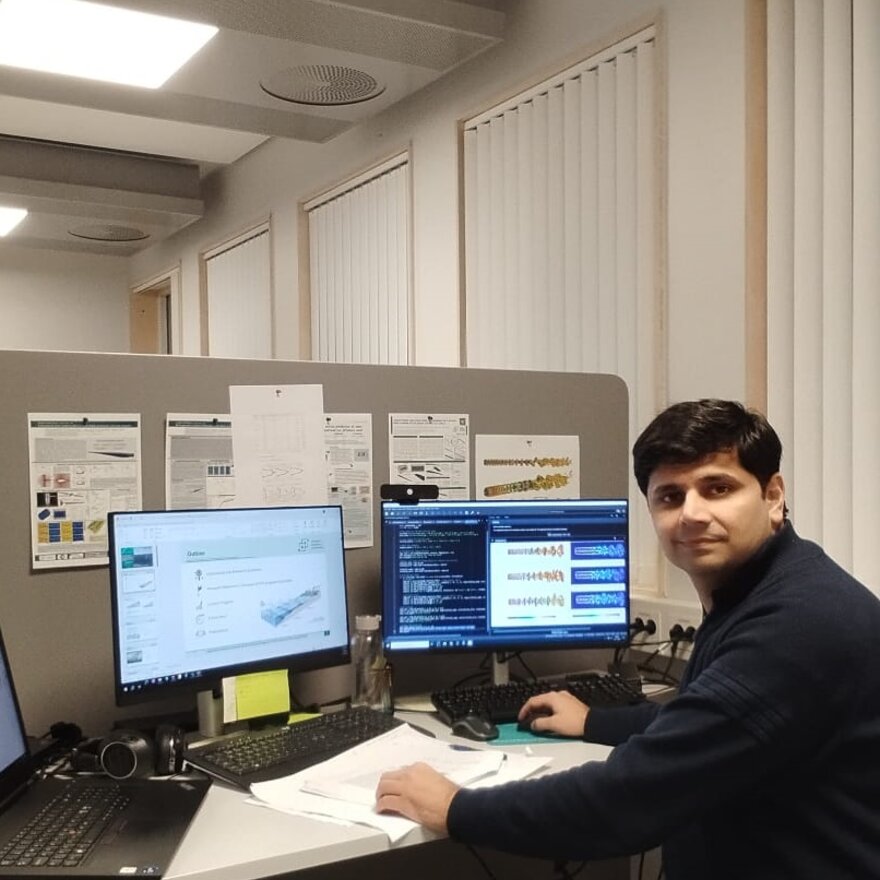
November 2024
A midway seminar for PhD candidate Haris Hameed Mian was successfully conducted, showcasing significant progress. The research, titled "Data-Driven CFD-Based Aerodynamic Prediction Analysis of Floating Offshore Wind Turbines," explores the influence of nonlinear dynamics on turbine performance and wake recovery. His work leverages advanced numerical simulations and data-driven modeling techniques to analyze wake dynamics, improve prediction accuracy, and optimize strategies for enhanced energy efficiency in floating offshore wind energy systems.
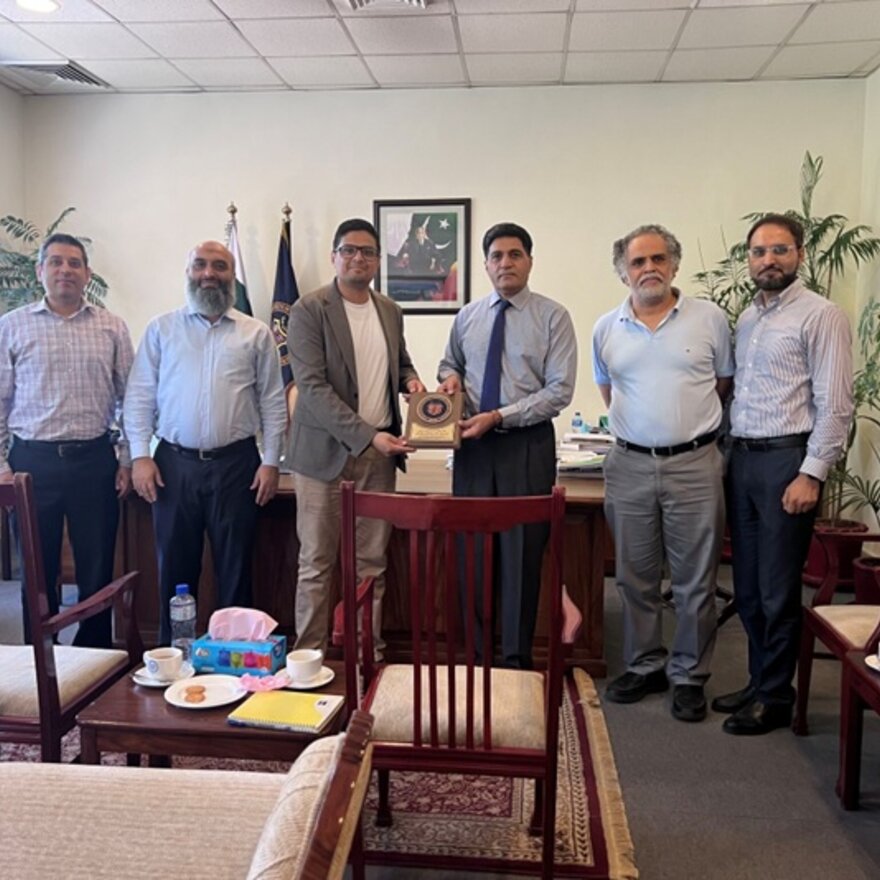
October 2024
The CSE group leader met with Ghulam Ishaq Khan Institute (GIKI) Pakistan higher management to establish a strategic partnership aimed at promoting sustainability through the NORPRAT and Erasmus+ capacity-building projects.
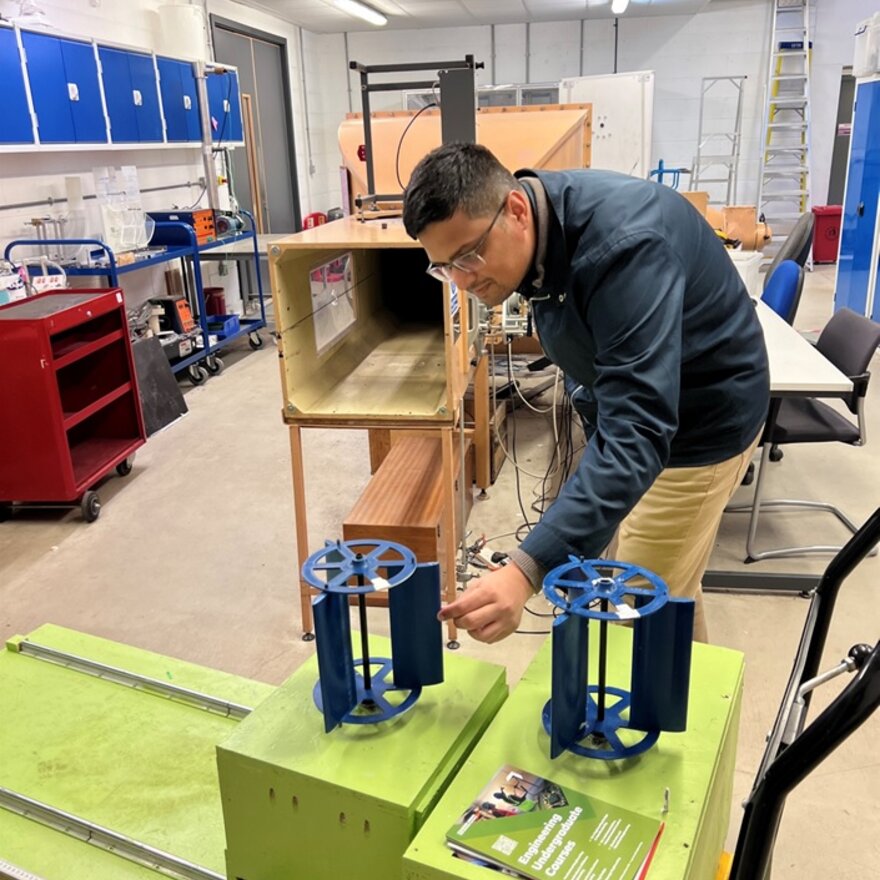
September 2024
The collaboration between Robert Gordon University (RGU) and NMBU's Computational Science and Engineering Group (CSE) has achieved a new milestone in Vertical Axis Wind Turbine (VAWT) design. During a recent visit to RGU’s Wind Tunnel Lab, joint experimental tests were conducted to enhance wind turbine designs by integrating experimental and computational methods. This partnership is paving the way for more efficient and sustainable wind energy solutions.

September 2024
The leader of CSE group, Muhammad Salman Siddiqui is part of a newly accepted Industrial Ph.D. project titled: "Advancing Controlled Environment Agriculture Using Artificial Intelligence“. This prestigious project, approved by the Norwegian Research Council, is a collaborative effort between RiftLabs, the Norwegian University of Life Sciences (NMBU).
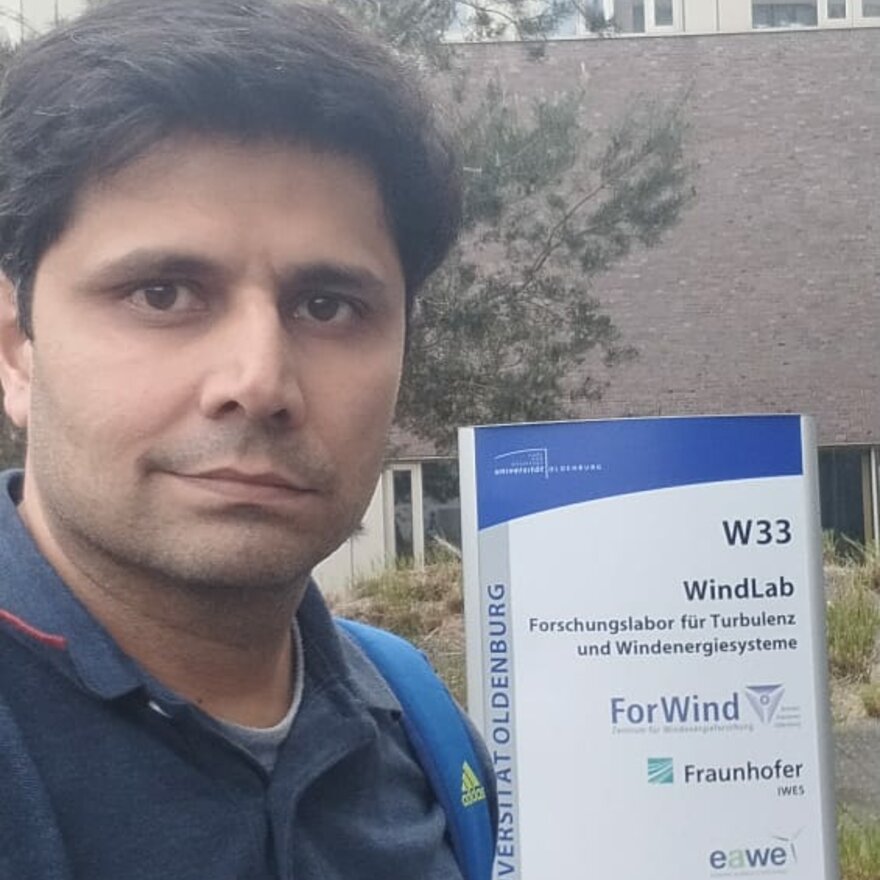
June 2024
Haris Hameed Mian (PhD student) successfully completed his research stay at Fraunhofer Institute for Wind Energy Systems (IWES), Oldenburg, Germany. During his tenure, he concentrated on advancing and refining floating offshore wind turbine modeling using OpenFOAM, contributing to the cutting-edge research in this critical area of renewable energy technology.
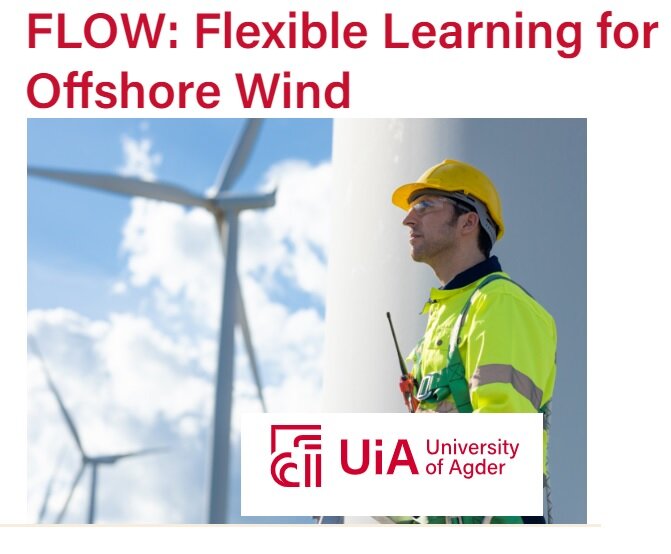
April 2024
The CSE group has delivered a seminar on the topic of wind resource assessment for FLOW: Flexible Learning for Offshore Wind program at UIA. FLOW is a continuing education program at bachelor's level offered by the University of Agder, in collaboration with Equinor, GCE NODE and Windport. The program is financed by the Directorate for Higher Education and Skills (HK-dir).
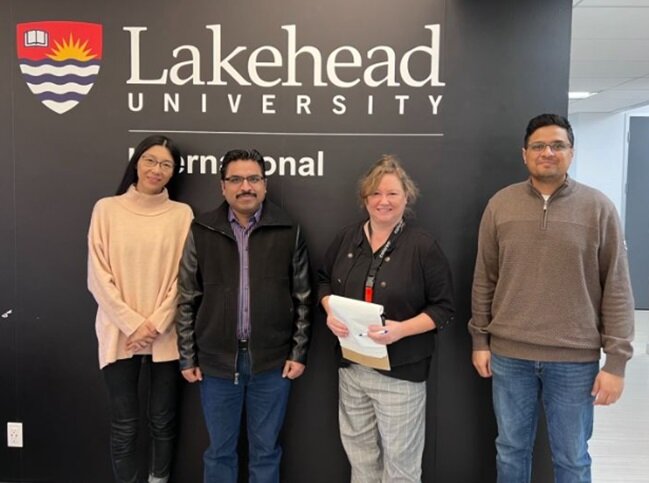
March 2024
The CSE group leader visited Lakehead University in Canada to develop a collaborative framework for future grant writing, focusing on student exchanges and joint research. Key areas of collaboration include renewable energy and northern climate challenges. This partnership aims to strengthen ties and secure funding for impactful research projects.
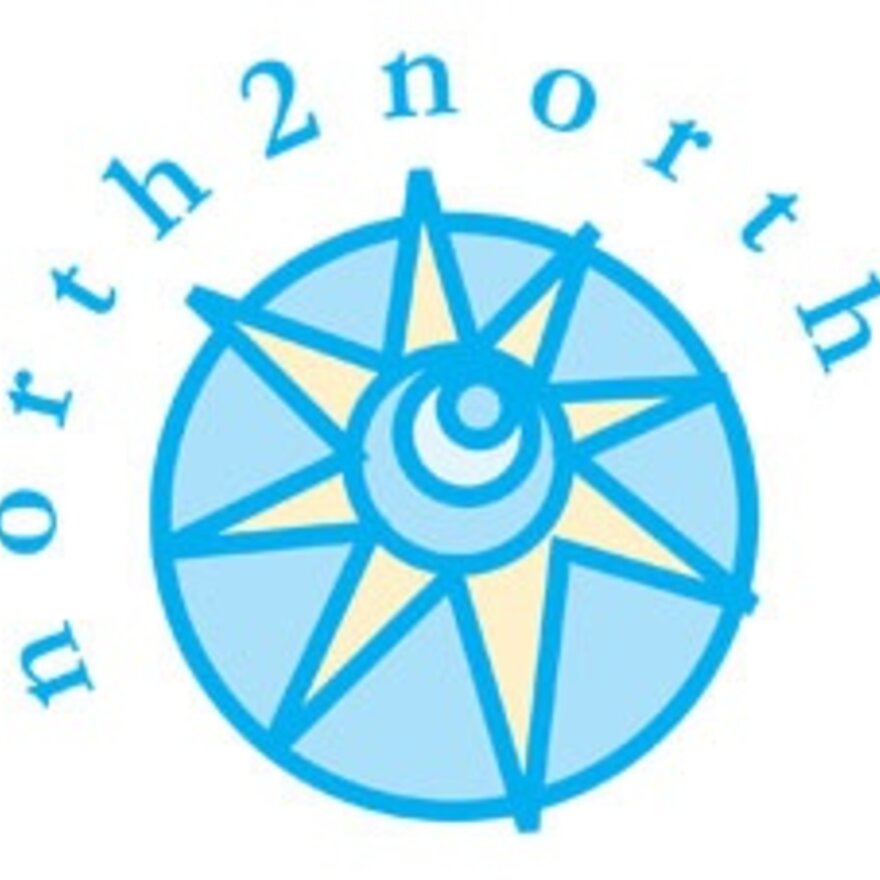
Jan 2024
The computational science and engineering research group has received N2N Mobility grant. The aim of the grant is to enhance the bilateral student mobility programs between NMBU, Canadian and UK universities
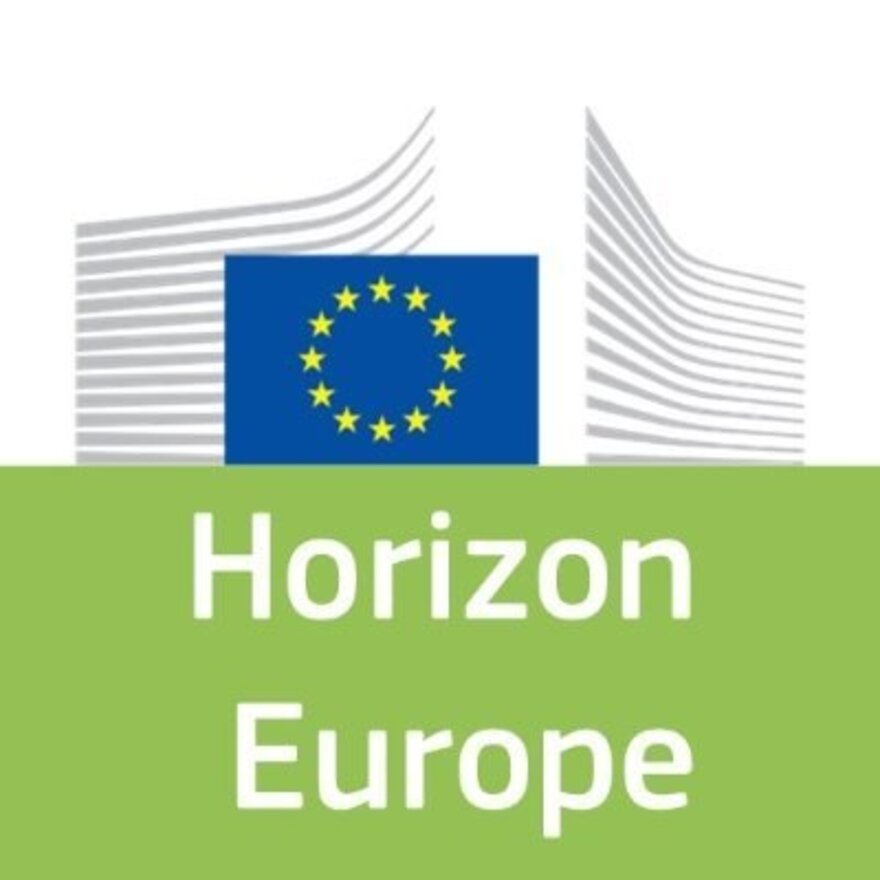
April 2023
CSE group granted funding from Horizon Europe Marie Skłodowska-Curie Actions on the project Super-CO2: Evaluation of thermohydraulic characteristics of printed circuit heat exchangers in the pseudocritical region for supercritical CO2 cycle. The project will characterize the complex thermohydraulic behavior of CO2 in the pseudocritical region by employing a combination of experimental, numerical, and machine learning techniques.
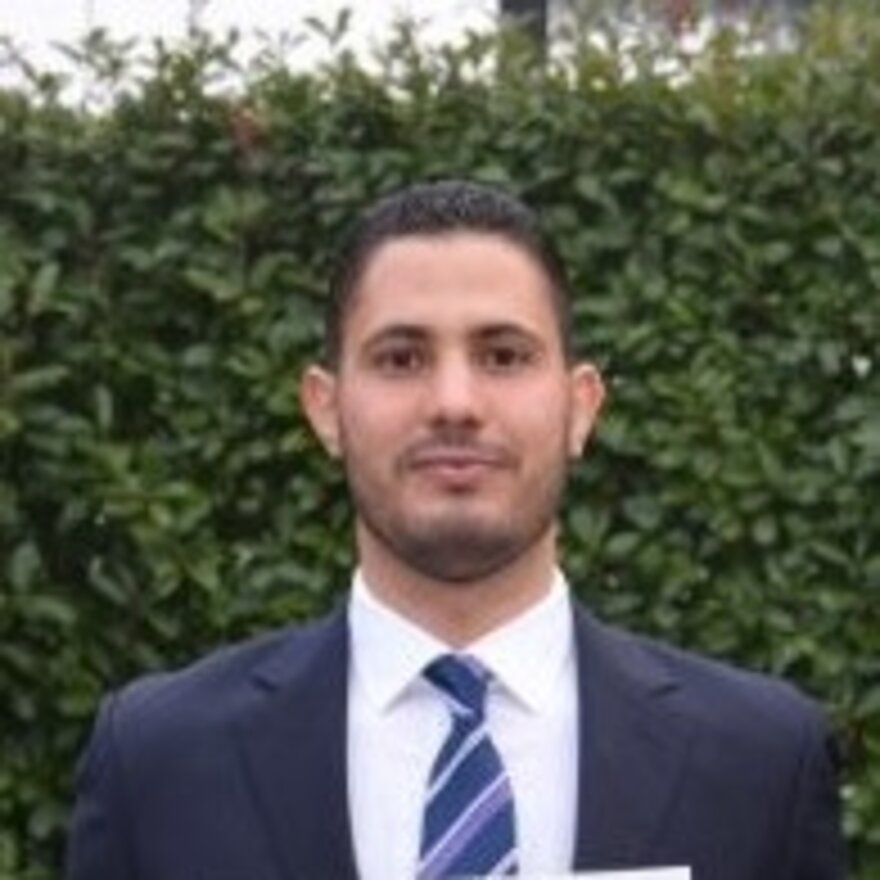
Jan 2023
Otman Kouaissah from Università degli Studi di Bergam, Italy, visited CSE group as a guest researcher. His research was focused on detailed 3D CFD analysis of a straight-blade H-shaped VAWT operating in a tilted condition, typical for floating offshore platforms, focusing on performance and wake development. The findings highlight the significant impact of 3D flow effects, including strut-induced flow and finite blade effects, on the turbine's aerodynamics and energy production efficiency.
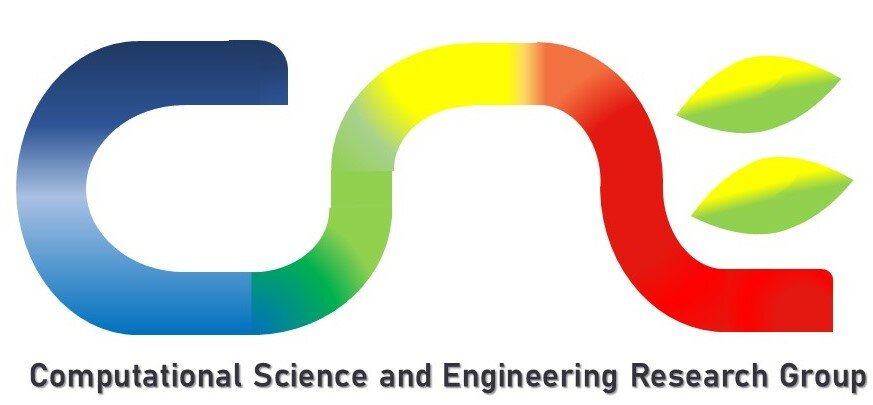
Dec 2022
Participated in the Forskningløft project, which aims to develop competence and strengthen collaborations across various departments to strengthen the integrated research environment. This initiative will also enhance our prospects for securing funding for top-tier research projects, including prestigious programs such as the EU's ERC and Marie Curie grants, as well as the Research Council's FriPro.
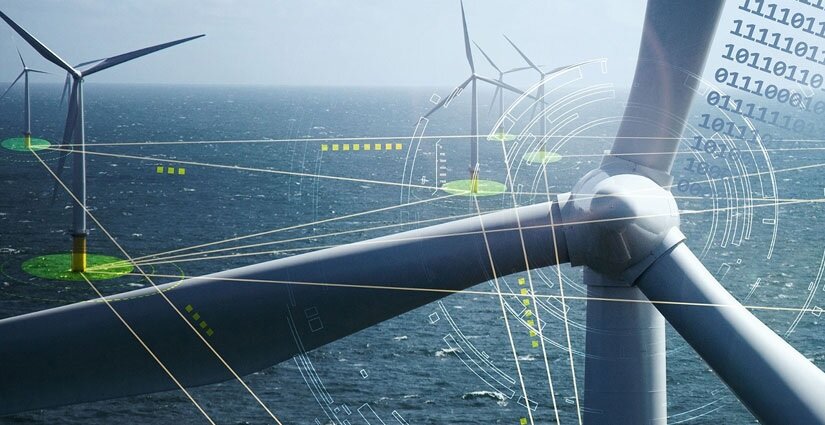
Dec 2022
Started the PhD project: Intelligent CFD Methods for Offshore Wind Turbines; the project aims to conduct research and innovation in flow simulation in offshore wind turbines by combining high-fidelity computational fluid dynamics (CFD) models with machine learning (ML) models. The developed state-of-the-art models are expected to be integrated into future digital twin technology to fulfill the industrial needs of computationally efficient tools and form a basis for condition monitoring, prediction, analysis, and maintenance of offshore wind turbines. Key research areas that will be exploited in the Ph.D. research project will be physics-based and data-driven Reduced Order Models (ROM) to simulate and predict wind farm flows, especially in the wake region.
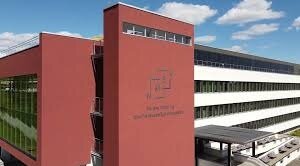
Sep 2022
Oliver S. Carlo visited the CSE group from Italy, where he conducted an in-depth study on passive methods for improving air quality in urban canyons. His research focused on altering canyon geometry with porous obstacles, such as vegetation, and non-porous barriers to enhance pollutant dispersion, while also addressing the challenges in implementing these measures and contributing to the development of urban design guidelines for better air quality.














